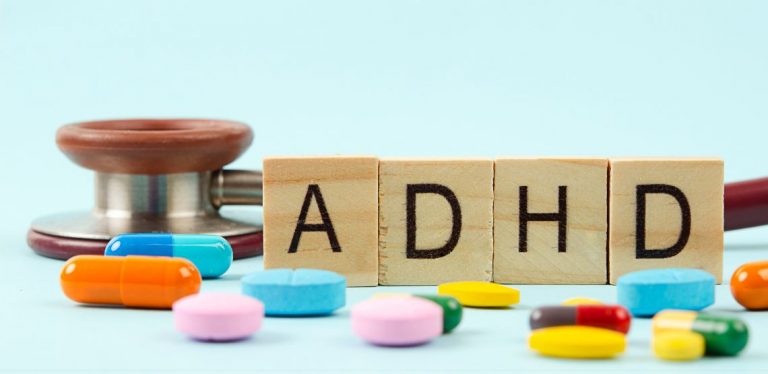Treatments for ADHD
Many people with ADHD feel restless, struggle to stay organized or may talk a lot. Luckily, there are several treatments, like DYANAVEL XR, a prescription medicine used for the treatment of ADHD.
Dyanavel XR
Dyanavel XR is a prescription medication used to treat attention-deficit hyperactivity disorder (ADHD) in children and adults. It contains amphetamine, which helps increase attention and decrease impulsiveness and hyperactivity in people with ADHD.
Medications
Medications are a common treatment for ADHD. They help people focus better and feel less restless. There are two main types:
- Stimulants: These are the most commonly prescribed medications for ADHD. They work by increasing certain chemicals in the brain that help with focus. Examples include Adderall and Ritalin.
- Non-stimulants: These medications work differently in the brain and are often used if stimulants aren’t effective or cause side effects. Examples include Strattera and Intuniv.
Medications can help reduce ADHD symptoms, but they may not work for everyone. It’s important for people taking ADHD medication to have regular check-ups with their doctor.
Behavioral Therapy
Behavioral therapy can help people with ADHD learn skills to manage their symptoms. In therapy, they can learn:
- Time management skills: Tips on how to stay on schedule and prioritize tasks.
- Organization skills: Ways to keep things in order, like using lists or setting reminders.
- Impulse control techniques: Strategies to help pause and think before acting.
Therapy can be especially helpful for children with ADHD, and parents can also learn strategies to help support their child.
Parent Training
For children with ADHD, parent training programs can be very effective. These programs help parents learn how to:
- Set clear rules and routines to make daily tasks easier.
- Use positive reinforcement like rewards for good behavior.
- Stay calm and patient when managing their child’s symptoms.
Parent training can make it easier for the whole family to handle ADHD symptoms in positive and effective ways.
School Support
Many schools offer special support for students with ADHD. This can include:
- Extra time on tests and assignments: Giving students more time to focus and complete their work.
- Seating arrangements: Sitting closer to the teacher or away from distractions.
- Frequent breaks: Allowing short breaks during lessons to help with focus.
Talking to teachers and school staff about ADHD can ensure a child has the right support at school.
Lifestyle Changes
Simple lifestyle changes can also make a difference for people with ADHD. These include:
- Getting enough sleep: Good sleep helps with focus and mood.
- Healthy diet: Eating a balanced diet with fruits, vegetables and whole grains can improve energy and focus.
- Regular exercise: Physical activity helps release energy and can improve concentration.
These changes are easy to start and can help improve ADHD symptoms over time.
Mindfulness and Relaxation Techniques
Mindfulness can help people with ADHD stay focused on the present moment. Practicing mindfulness or using relaxation techniques like deep breathing can be very calming. Activities like yoga or meditation can also help reduce stress and improve focus.
Signs of ADHD
ADHD symptoms vary, but some common signs include:
- Trouble focusing on tasks: People with ADHD may get distracted easily.
- Being forgetful: They may often lose things or forget to do things.
- Restlessness and fidgeting: Many people with ADHD feel like they need to move constantly.
- Interrupting others: Some people with ADHD have trouble waiting their turn and may interrupt conversations.
- Acting impulsively: This can include doing things without thinking about the consequences.
Managing ADHD
There are many ways to manage ADHD, and the best plan can include a combination of treatments, from medication to lifestyle changes. If you think you or someone you know might have ADHD, talk to a doctor about which treatments could help. With the right support, people with ADHD can lead healthy, successful lives.
